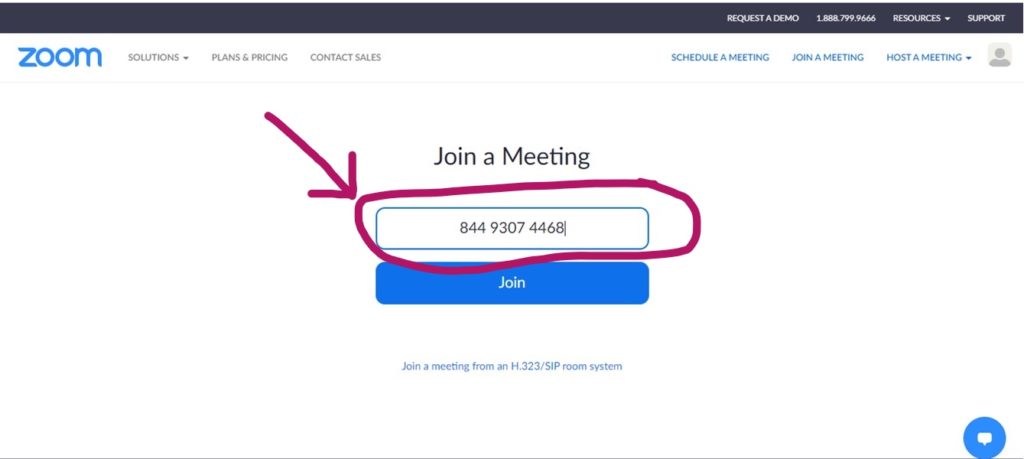


After all, when a service asks you to create a password to access an account, it normally asks for that password whenever you log in – that’s the way passwords typically work.įigure 2. The person scheduling the meeting probably expects that the meeting participants will need the password to connect. Zoom recently changed this from defaulting to “off” in response to the Zoom-bombing issues of uninvited guests joining meetings that some people have experienced. When scheduling a meeting in Zoom, as seen in Figure 1, there’s an option “require meeting password”, which defaults to “on”. Why, if the meeting invitation has a password listed in the details, is it not needed? The host may have consciously set the meeting to need a password with the assumption that the attendees will need to input one when they click the link to join the meeting. Have you ever needed to enter a password when connecting to a Zoom meeting? If you have, then I feel certain that you’re part of a minority among Zoom users.

Unfortunately, their newfound popularity due to the pandemic has only reinforced their unwillingness to improve their Meeting product.With Zoom – and Zoom-bombing – being all the rage, here’s why the app’s default password settings may be leaving the backdoor wide open Zoom has great technical innards, but a clumsy, awkward user interface that can fail for some use cases. They have convinced some hosts to disable private chat, and require that private messages be sent via the host, manually! They have convinced some hosts that participants should wait until the host lets them into the room, one by one! Both pieces of advice interfere with ease of use for questionable benefit.Ĭompanies that are open and request feedback and suggestions, produce far more useful products. The Zoom company has funny ideas about security. That’s not how hashing is used to make passwords secure! They should ask a security expert and learn that it doesn’t. If only the Zoom company would let us know what the hash function is… I guess they erroneously believe that keeping the hash function secret increases security.


 0 kommentar(er)
0 kommentar(er)
